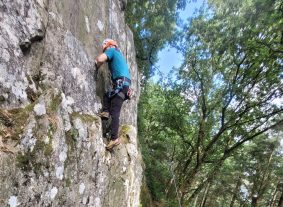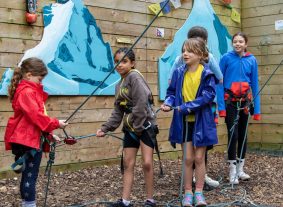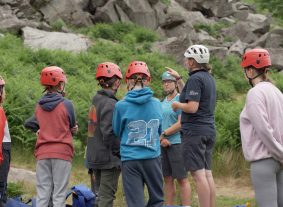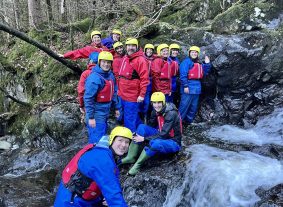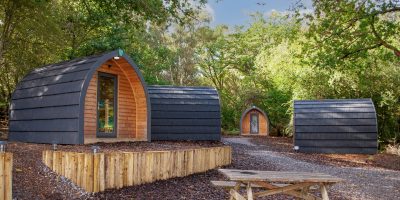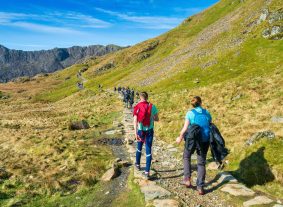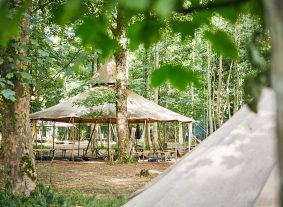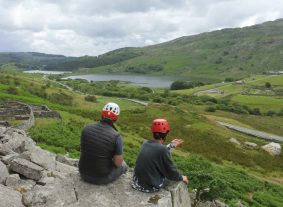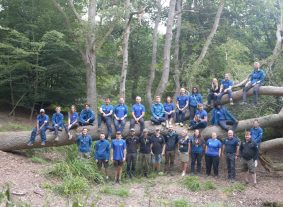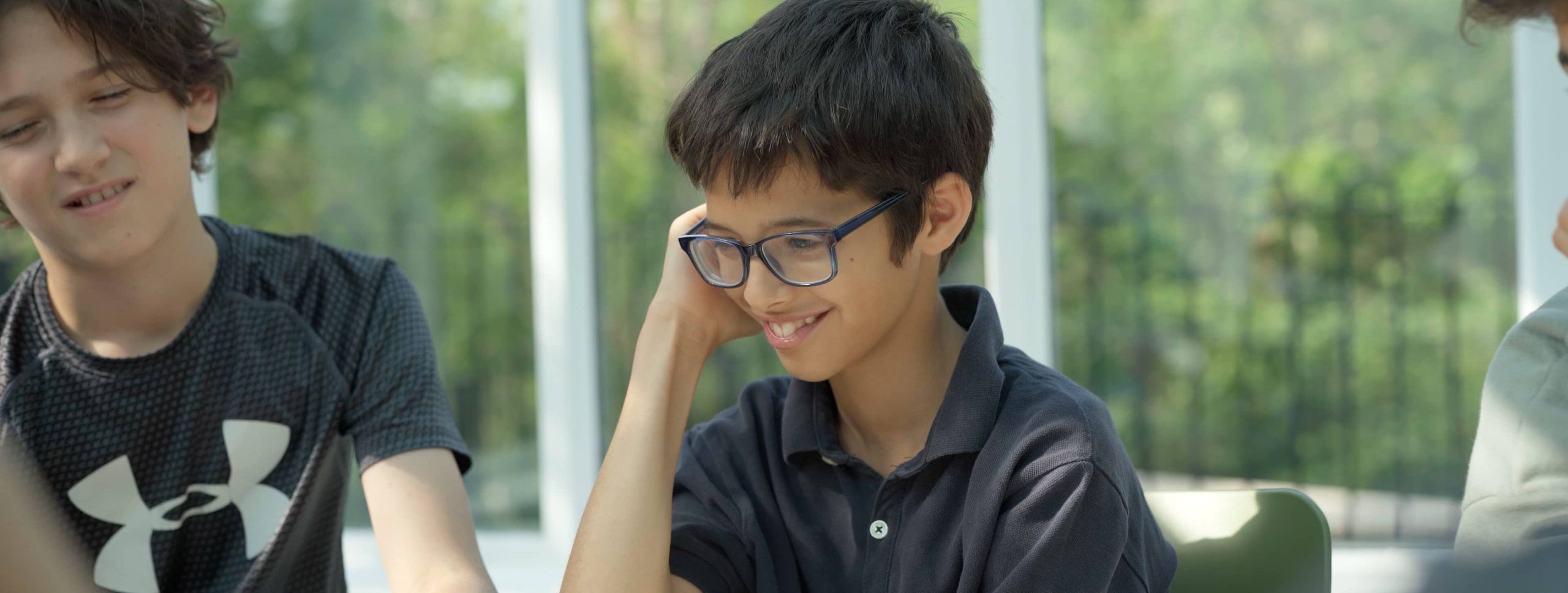In an era dominated by technology and traditional classroom-based education, outdoor learning has emerged as a powerful and essential component of modern education. More than just an opportunity for students to escape the confines of the classroom, outdoor learning equips them with skills and experiences that prepare them for the future. But how exactly does outdoor learning set students up for success in their personal, academic, and professional lives? Let’s explore the transformative impact of learning in the great outdoors.
Building Resilience and Adaptability
Outdoor learning exposes students to unpredictable environments, where they must navigate challenges like changing weather conditions, rough terrain, or unfamiliar tasks. These experiences teach them resilience—the ability to bounce back from setbacks and adapt to new situations. Whether it’s finding their way through a dense forest or learning to pitch a tent in the rain, students develop problem-solving skills and a sense of resourcefulness that they can carry into adulthood. In a world where change is constant, these traits are invaluable.
Enhancing Social and Emotional Skills
One of the most significant benefits of outdoor learning is the development of social and emotional skills. Activities like team-building exercises, group hikes, and outdoor projects require students to communicate, collaborate, and support each other. These experiences foster empathy, cooperation, and leadership—skills that are essential in both personal relationships and professional environments. Outdoor learning also helps students build confidence and self-esteem as they accomplish tasks they may have thought were beyond their capabilities.
Promoting Physical and Mental Well-being
In an age where children are increasingly sedentary and screen-bound, outdoor learning promotes physical activity and mental well-being. The natural environment provides a unique setting for exercise, which improves physical health, reduces stress, and boosts mood. Research has shown that spending time in nature can reduce symptoms of anxiety and depression, enhance concentration, and improve overall mental health. By instilling a love for the outdoors and an active lifestyle, outdoor learning helps students maintain their well-being long after they’ve left school.
Fostering a Connection with Nature and Sustainability
As the world faces significant environmental challenges, outdoor learning helps students develop a deep connection with nature and a sense of responsibility for the planet. Through hands-on experiences like planting trees, studying ecosystems, and understanding the impact of human activity on the environment, students become more environmentally conscious. This early exposure to sustainability practices equips them with the knowledge and values needed to contribute to a more sustainable future.
Encouraging Critical Thinking and Creativity
The natural world is an ever-changing, dynamic environment that encourages students to think critically and creatively. Outdoor learning often involves inquiry-based learning, where students observe, ask questions, and explore solutions in real-time. Whether it’s figuring out the best way to cross a stream or understanding the science behind a natural phenomenon, students learn to approach problems from different angles. This type of learning nurtures curiosity, innovation, and the ability to think outside the box—skills that are highly valued in the modern workforce.
Real-World Applications of Academic Concepts
Outdoor learning provides a unique opportunity to apply academic concepts in real-world settings. For example, a math lesson on geometry becomes more engaging when students measure angles and distances while building a shelter. Similarly, a science lesson on ecosystems is more impactful when students can observe plant and animal interactions in their natural habitats. These hands-on experiences make learning more meaningful and memorable, helping students retain knowledge and see the relevance of their education in everyday life.
Preparing for Future Careers
The skills developed through outdoor learning—such as teamwork, leadership, problem-solving, and adaptability—are directly applicable to many career paths. Industries such as environmental science, outdoor education, adventure tourism, and even business and leadership roles value these competencies. Additionally, as the global economy increasingly prioritises sustainability, having a background in outdoor learning and environmental stewardship can give students a competitive edge in the job market.
